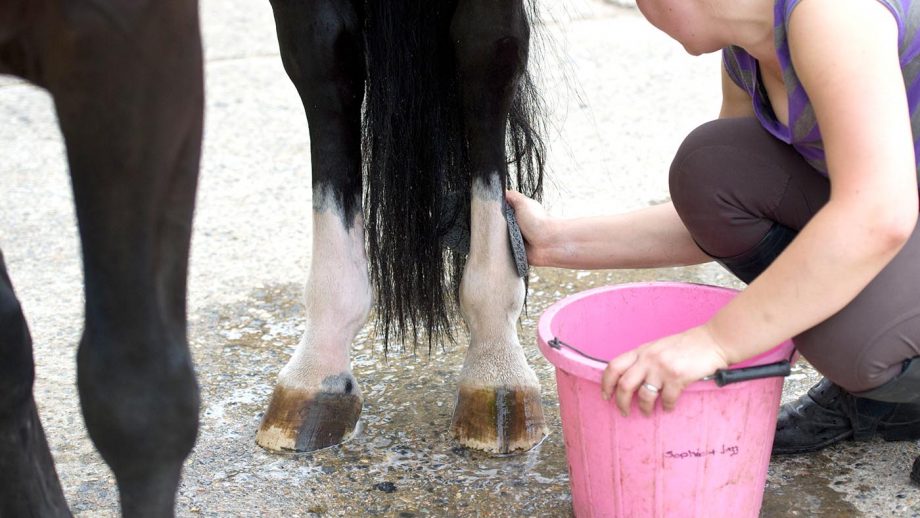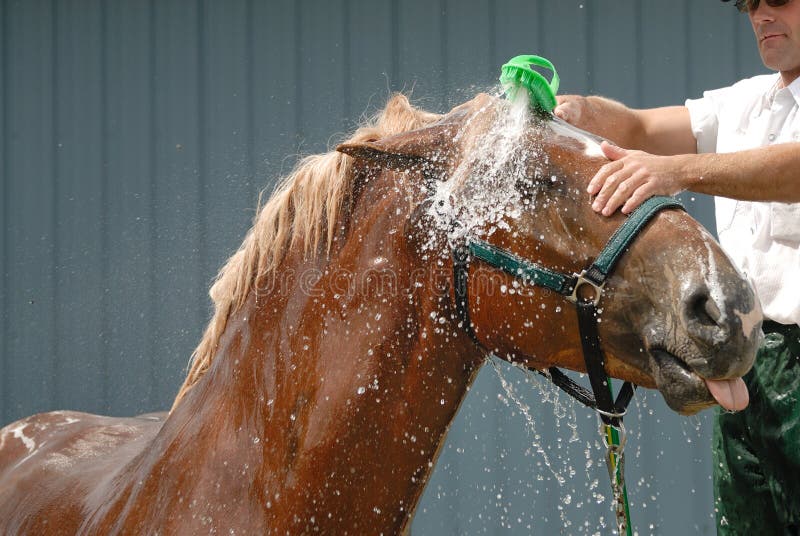Caring for a horse is both a rewarding and demanding endeavor. Understanding what do you need to take care of a horse is essential for every aspiring equestrian. A well-cared horse thrives in health and vigor, bringing joy to its owner. Here, we dive into the necessities and responsibilities that come with horse ownership.

Understanding Equine Needs
Basic Amenities and Setup
The first step in answering what do you need to take care of a horse is ensuring that you have the basic amenities. This includes a safe and comfortable stable, ample space for grazing, and a secure paddock. These are crucial for a horse’s well-being.
Essential Feeding Practices
Feeding is at the core of equine care. Horses need a diet primarily based on hay and pasture, supplemented with grains and minerals. Provide constant access to fresh water and understand the specific nutritional needs of your horse. This is essential for maintaining optimal health.
Shelter Requirements
Adequate shelter is crucial. Horses need protection from extreme weather. A well-ventilated, dry, and spacious stable is vital. Additionally, a run-in shed in pastures can provide respite from the elements.
Health and Grooming Essentials
Veterinary Care
Your horse needs regular check-ups by a qualified veterinarian to ensure its health. Preventative care, including vaccinations and deworming, is essential. Familiarize yourself with horse first aid for handling common emergencies.
Daily Grooming
Grooming is more than just keeping your horse clean. It plays a role in preventing disease and strengthening the bond between you and your horse. Regular grooming helps you check for injuries and skin conditions.
Hoof Care
Hoof care is critical and should not be overlooked. Regularly clean your horses hooves and consult a farrier for trimming every 6-8 weeks. Healthy hooves are foundational for a horse’s overall health.
Training and Behavioral Aspects
Exercise and Training
To keep your horse healthy, incorporate exercises and groundwork exercises as part of your routine. Training contributes to physical fitness and mental stimulation.
Understanding Horse Behavior
A good horse owner understands equine behavior, which will foster a better relationship with their horse. Learning to read body language helps manage behavioral issues effectively.
Financial Considerations
Budgeting for Care
Owning a horse comes with financial responsibilities. Consider costs like feed, veterinary care, equipment, and unexpected expenses. Budgeting is a necessity to ensure your horse’s continuous care.
Insurance Options
Consider investing in equine insurance to alleviate the financial strain caused by unexpected health issues or accidents.
Equipment and Gear
Necessary Riding Gear
A knowledgeable horse owner knows the importance of having the proper riding gear. Items such as saddles, bridles, and protective wear are fundamental. For beginners, explore essential riding gear.
Equipment Maintenance
Regular maintenance of your gear extends its life and ensures safety. Follow tips on maintaining riding gear to keep it in top condition.
Social Needs
Socialization for Horses
Horses are herd animals that thrive with companionship. Facilitating interaction with other horses is key to their mental health.
Human Interaction
Spending quality time with your horse builds trust and affection. This bond enhances the overall caregiving experience.
Conclusion
Understanding what do you need to take care of a horse is a journey that involves more than basic needs. It’s about creating an environment of love, safety, and understanding. To be a good custodian, embrace continuous learning and adaptation.

FAQ Section
What are the costs associated with horse care?
The cost varies based on location and specific horse needs, but it generally includes feed, veterinary care, equipment, and unexpected expenses.
How often should I groom my horse?
Daily grooming is recommended to prevent disease, check for injuries, and strengthen the bond between you and your horse.
What is the importance of hoof care?
Regular hoof care is crucial for the overall health of a horse, and it helps prevent lameness and other foot-related issues.








